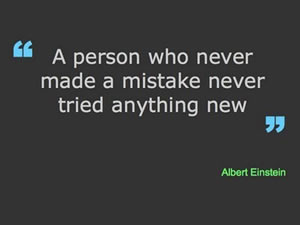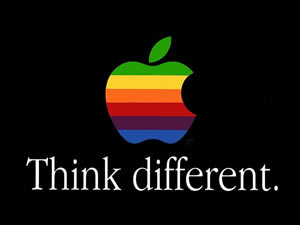Difference between Quotes, Slogans and Proverbs
Key difference: The difference between the terms quotes, slogans and proverbs is based on their definitions wherein ‘a quote’ is defined as just a saying, or a statement or another person’s thoughts. While, a ‘proverb’ is a traditional saying which carries some moral or practical social message and ‘a slogan’ is defined as the group a words or a phrase that is easy to remember and used by a group or business to attract attention.
In linguistics, often the terms quotes, slogans and proverbs are confused with each other, which is why, it is important to know the difference between the given terms individually.
 The term ‘quote’ is a noun that is used to describe a group of words that someone else said or wrote, with credit typically given to the source. It is often referred as ‘quotation’. A quote may be a phrase, sentence, or passage; it may be from a book, a speech, a formal statement, or even an informal remark. Quotes are often selected and repeated for their profound nature or because they were uttered or written by a famous or highly regarded person. The phrase or the quote itself is typically set off with quotation marks to indicate that it contains someone’s exact words.
The term ‘quote’ is a noun that is used to describe a group of words that someone else said or wrote, with credit typically given to the source. It is often referred as ‘quotation’. A quote may be a phrase, sentence, or passage; it may be from a book, a speech, a formal statement, or even an informal remark. Quotes are often selected and repeated for their profound nature or because they were uttered or written by a famous or highly regarded person. The phrase or the quote itself is typically set off with quotation marks to indicate that it contains someone’s exact words.
Quotes are mainly used to express meaning to a topic, or provide support to an argument, or provide direct information about the work being quoted or as a tribute to an author, poet, book, etc. They are commonly printed to inspire and invoke philosophical thoughts from the readers.
 A slogan, on the other hand, is a catchy phrase or a sentence that is mostly used by political, religious, business and other parties as a repetitive expression of their idea or purpose. It is generally used by business to attract the public interest in their brand, and attract new clients and investors to their company. It is basically used by all organizations to keep their employees together and loyal to the brand.
A slogan, on the other hand, is a catchy phrase or a sentence that is mostly used by political, religious, business and other parties as a repetitive expression of their idea or purpose. It is generally used by business to attract the public interest in their brand, and attract new clients and investors to their company. It is basically used by all organizations to keep their employees together and loyal to the brand.
A slogan is a distinctive cry, phrase or motto that is used to express the ideals and principals of an organization, person, or group. It is considered as a very powerful marketing tool; it is a short, simple and catchy phrase that can be understood by all. Although, the slogans vary in their writing, chanting and visual idea, their simple rhetorical nature leaves very little room for the details and acts as a social expression.
 A ‘Proverb’ is defined as a short, well known saying, which states the truth or a piece of advice. It is a short sentence, in which the meaning of the words is literal, and they are frozen (tense cannot be changed) in the saying. It usually tells us about the bearing of the worlds and imparts wisdom through its meaning. For example:
A ‘Proverb’ is defined as a short, well known saying, which states the truth or a piece of advice. It is a short sentence, in which the meaning of the words is literal, and they are frozen (tense cannot be changed) in the saying. It usually tells us about the bearing of the worlds and imparts wisdom through its meaning. For example:
- The pen is mightier than the sword
- Time is money
As one can understand, the above sentences have a deeper meaning and reflect a way of life in their saying.
The term ‘proverb’ is derived from the Latin word ‘proverbium’; it is also called as a byword or nayword. They are often metaphorical. A proverb that describes a basic rule of conduct may also be known as a maxim. If a proverb is distinguished by particularly good phrasing, it may be known as an aphorism.
Comparison between Quotes, Slogans and Proverbs:
|
|
Quotes |
Slogans |
Proverbs |
|
Definition |
It is described as the act of repeating or copying out a group of words from a text or speech, typically with an indication that one is not the original author or speaker. |
It is defined as the group a words or a phrase that is easy to remember and used by a group or business to attract attention. |
It is defined as an expression made by a combination of words, whose meaning is different than the literal meaning of the individual words. |
|
It is |
It is phrase that another person said. |
It is use as a distinctive that represents a person, or an organization’s principles. |
It is a form of short stories with formal messages. |
|
Type |
It is just a saying. |
It is a distinct cry phrase used in media, aids, rallies, etc. |
It is a type of expression. |
|
Characteristics
|
It can be used for inspiration, invoking thoughts, and tributes. |
|
|
|
Examples |
|
|
|
Image Courtesy: fullpunch.com, communicatingasiapacific.com, c.visitsteve.com









Comments
Nice.Helpful
susan
Tue, 03/25/2014 - 13:14
Add new comment